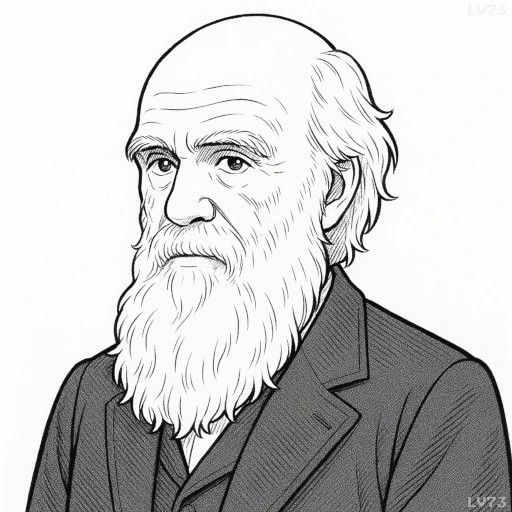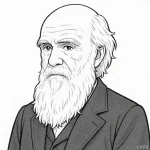“To kill an error is as good a service as, and sometimes even better than, the establishing of a new truth or fact.”

- February 12, 1809 – April 19, 1882
- Born in England (UK)
- Naturalist, geologist, biologist
table of contents
Quote
“To kill an error is as good a service as, and sometimes even better than, the establishing of a new truth or fact.”
Explanation
In this quote, Charles Darwin speaks to the importance of correcting mistakes and challenging false ideas in the pursuit of knowledge. Darwin suggests that identifying and eliminating errors is just as valuable—if not more so—than discovering new truths. This reflects his scientific approach, where careful observation, testing, and refinement of ideas were central to his work. In the context of evolutionary theory, many of Darwin’s ideas initially challenged established views and faced significant opposition. His dedication to disproving incorrect beliefs played a key role in shaping a more accurate understanding of the natural world.
Historically, Darwin’s work was revolutionary not just because of his novel ideas, but also because he dismantled deeply entrenched views about the origin of species. His theory of natural selection directly contradicted the prevailing belief in special creation, which had been widely accepted by both religious and scientific communities. By disproving errors and presenting evidence to support his ideas, Darwin helped redirect scientific thought toward a more accurate and evidence-based understanding of biology. His willingness to confront errors in thought, including his own, allowed him to refine his theories and arrive at conclusions that have stood the test of time.
In modern times, this quote remains significant in the context of scientific progress and critical thinking. Debunking false claims or correcting misconceptions is vital to advancing knowledge. For example, in the realm of climate science, challenging misinformation about global warming is just as important as discovering new solutions for environmental sustainability. Darwin’s approach encourages a mindset that values accuracy and truth, urging us to not only seek new knowledge but also ensure that we eliminate errors and misconceptions that may hinder our understanding of the world.
Would you like to share your impressions or related stories about this quote in the comments section?

